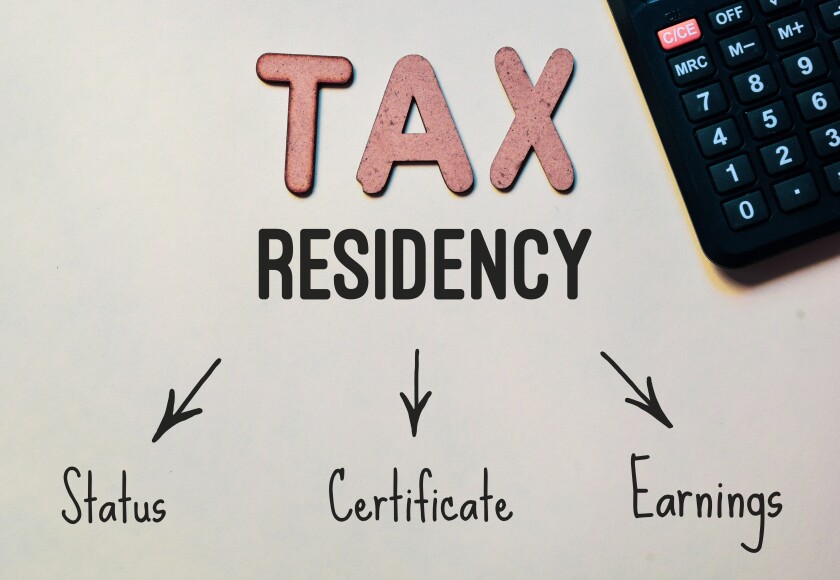
Naivas Kenya Limited v Commissioner of Domestic Taxes (Tax Appeal No. 934 of 2022) [2023] KETAT 499 (KLR), delivered on 4 August 2023:
Genesis and Background of the Case
The dispute in this case arose from a corporate tax assessment issued by the Kenya Revenue Authority (KRA) against Naivas Kenya Limited (NKL) after KRA appointed NKL as the tax representative for Gakiwawa Family Investments (GFI), a Mauritian-based investment holding company. The transaction in question involved the sale of a 30% stake in Naivas International Limited (NIL) by GFI to Amethis Retail, finalized in March 2020 at a value of Kshs. 5.2 billion. The KRA assessed corporate tax liability amounting to Kshs. 1,794,000,000, inclusive of penalties and interest, and issued an objection decision on 18 July 2022.
Naivas Kenya Limited contested both the assessment and their appointment as tax representative, arguing that they were neither involved in the transaction nor met any statutory criteria for such a designation. The central legal question revolved around whether GFI was a Kenya tax resident under the Income Tax Act, and whether NKL was rightly appointed a tax representative under Section 15 and 16 of the Tax Procedures Act.
Background of the Case
- Corporate Structure: GFI (Mauritius) owns NIL (Mauritius), which in turn owns Naivas Kenya Limited. GFI is a family investment vehicle and originally owned 100% of NIL.
- The Transaction: On 4 December 2019, Amethis Retail acquired a 30% stake in NIL from GFI, with the deal concluding in March 2020 for Kshs. 5.2 billion.
- Tax Assessment: KRA issued a corporate tax assessment on 27 May 2022, arguing the sale was taxable in Kenya and appointed NKL as GFI’s tax representative. The tax was assessed at 30% of Kshs. 5.2 billion, totaling Kshs. 1.56 billion, which grew to Kshs. 1.794 billion with penalties and interest.
- Objection and Appeal: NKL lodged an objection on 17 August 2022 and filed this appeal on 10 June 2022, challenging both the assessment and the appointment as a tax representative.
Appellant’s Submissions (Naivas Kenya Limited)
- No Nexus: NKL argued it had no involvement in the share sale transaction between GFI and Amethis, and therefore had no tax obligation arising from it.
- Separate Legal Entities: NKL emphasized corporate separateness, asserting that GFI, NIL, and NKL are distinct entities and GFI’s actions do not confer liability on NKL.
- No Statutory Qualification: Citing Section 15(1)(i) of the Tax Procedures Act, NKL stated that it was not in control of GFI’s affairs in Kenya and thus did not meet the criteria to be appointed as GFI’s tax representative.
- No Control Over GFI’s Assets or Income: Under Section 16(5) of the same Act, NKL argued that since it held no assets or income on behalf of GFI, any attempt to make it liable was futile.
- Violation of Fair Administrative Action: NKL alleged that KRA violated Article 47 of the Constitution and Section 4(2) of the Fair Administrative Action Act, for not giving clear reasons for their appointment.
- No Evidence of Piercing the Veil: NKL maintained that KRA failed to meet the legal threshold for lifting the corporate veil and did not demonstrate any fraud or improper conduct.
- Improper Use of Objection Decision: NKL argued that KRA wrongfully transformed the objection decision into an assessment tool against NKL, contrary to Section 51(8) of the Tax Procedures Act.
Respondent’s Submissions (KRA)
- Control and Management in Kenya: KRA asserted that GFI is effectively managed from Kenya by Kenyan directors, thus making it a Kenya tax resident under Section 3(b) of the Income Tax Act.
- Central Management & Control Test: Drawing on UK case law (e.g., De Beers, Laerstate BV), KRA stated that actual decision-making for GFI occurred in Kenya, not Mauritius.
- Substance Over Form: KRA conducted an “independent entity test” and found that GFI had no substantial business or physical presence in Mauritius, implying it was a shell entity.
- Legal Basis for Appointment: KRA justified NKL’s appointment under Section 15(1)(i) of the Tax Procedures Act, stating that NKL managed GFI’s affairs in Kenya by virtue of being a subsidiary.
- Income Derived from Kenya: KRA argued that the gain from the share sale constituted income accrued in Kenya, hence subject to corporation tax under Section 3(2)(a)(i) of the Income Tax Act.
- Section 16(5) Irrelevant to Appointment: KRA claimed that Section 16(5) limits liability—not qualification—for a tax representative and does not bar such an appointment.
- Tax Transparency and Enforcement: KRA maintained that the structure was designed to avoid tax and that substance must override form in such circumstances.
Tribunal’s Decision
- GFI is Tax Resident in Kenya: The Tribunal held that GFI was managed and controlled in Kenya, based on the activities and decision-making authority of its Kenyan directors, fulfilling the “management and control” test for tax residence.
- Nexus Exists Between NKL and Transaction: The Tribunal concluded that there was sufficient substantive linkage between NKL and the transaction, warranting the appointment of NKL as a tax representative.
- Appointment Under Law Was Proper: The Tribunal found that Section 15(1)(i) of the Tax Procedures Act provided a lawful basis for appointing NKL, and Section 16(5) does not preclude such appointment.
- Appeal Dismissed: The Tribunal dismissed the appeal, upheld the objection decision dated 18 July 2022, and ordered each party to bear its own costs.
